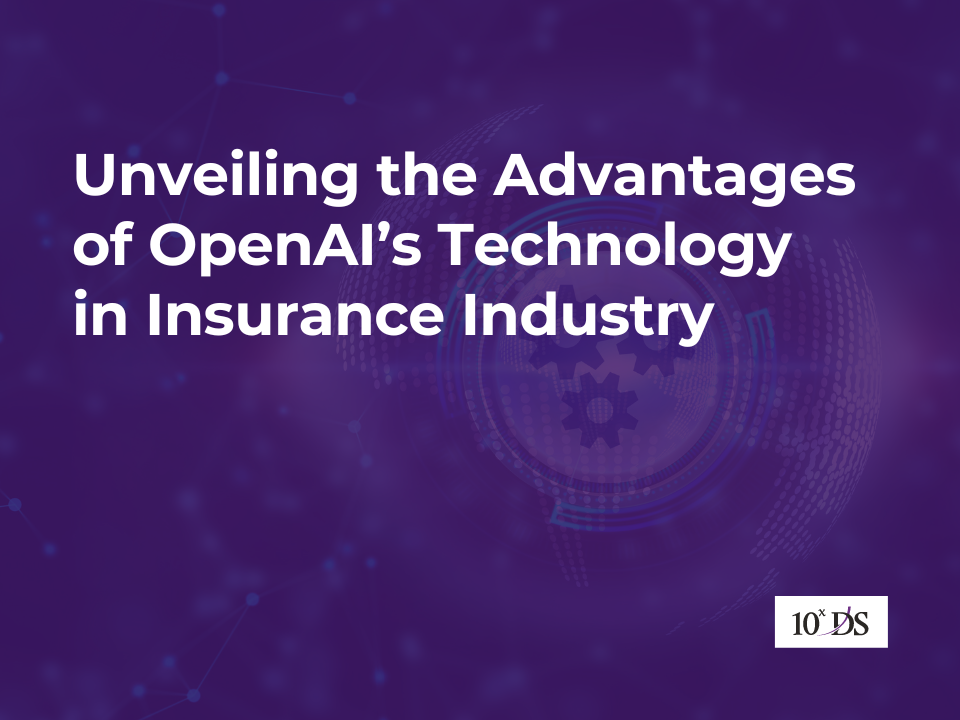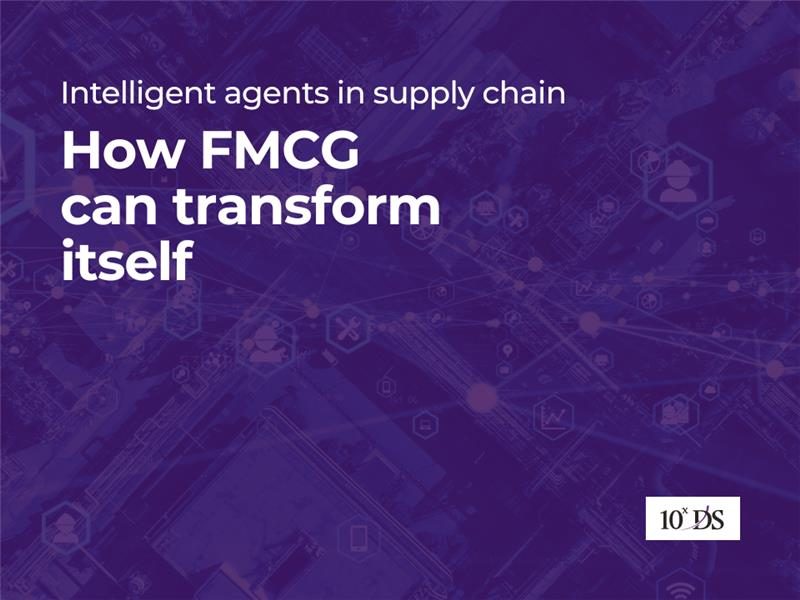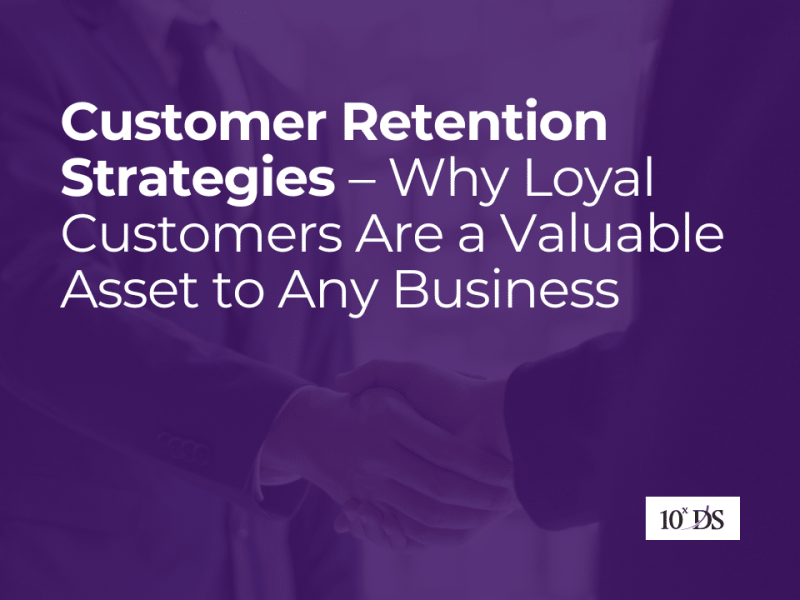
Unveiling the Advantages of OpenAI’s Technology in Insurance Industry
In today’s dynamic landscape, the insurance industry stands at the precipice of a significant transformation, largely driven by the integration of Artificial Intelligence (AI) technologies. AI is expected to have a significant impact on the insurance value chain by enabling automation, optimizing claims, and developing effective customer engagement strategies. AI can assist companies in assessing risk, detecting fraud, and reducing human error in the application process. It can also help insurance companies to create sophisticated, personalized customer experiences through intelligent communication.
According to a study by Deloitte, AI has the potential to transform the insurance industry by not just repurposing or optimizing existing data or processes, but by rapidly generating novel and creative outputs for just about any individual or business, regardless of technical know-how. AI can bring cost efficiencies and new revenue streams, as the insurance business model shifts from loss compensation to loss prediction and prevention. AI can also change the risk landscape significantly by transforming some risks from low-severity/high-frequency to high-severity/low-frequency, requiring insurance companies to rethink traditional insurance coverage and design adequate insurance products. A recent study by Swiss Re highlights that AI has the potential to impact and add value to the entire insurance value chain and bring significant benefits to customers. However, with wider access to these powerful tools, it is also crucial to be on top of their risks and challenges.
The Evolution of AI in Insurance
Artificial Intelligence has found a profound application across various sectors, but its impact on the insurance realm is particularly noteworthy. With the advent of OpenAI’s cutting-edge technologies, insurers have gained access to a suite of tools that harness the power of machine learning, natural language processing, and predictive analytics. In this blog let’s explore the major Capabilities of Open AI in this industry.
Enhanced Customer Service
In the insurance sector, AI-driven chatbots and virtual assistants, powered by OpenAI, revolutionize customer service. For instance, consider a scenario where an insurance client needs immediate assistance after an accident. These intelligent systems are available 24/7, providing personalized guidance, processing claims efficiently, and answering inquiries instantly. For instance, a virtual assistant can guide a customer through the steps needed to file a claim, ensuring a smoother experience.
Risk Assessment and Underwriting
OpenAI’s technology aids insurers in rapidly analyzing vast datasets. By using machine learning algorithms, insurance companies can assess risks more accurately. For instance, predictive models can evaluate a customer’s risk profile and predict potential claims. This helps insurers tailor insurance products to better fit individual needs. For instance, through data analysis, an insurer can identify a customer’s behavior patterns and adjust insurance offerings accordingly.
Claims Processing and Fraud Detection
AI expedites the claims process by swiftly verifying claims, ensuring a quicker settlement. For instance, AI algorithms can efficiently review documents and process claims faster, reducing the time it takes for a client to receive their settlement. Moreover, AI technology can identify irregularities or suspicious patterns within claims data, which helps in fraud detection. For instance, algorithms can flag claims that display unusual behavior patterns or inconsistencies, reducing fraudulent activities.
Personalized Offerings
With AI’s data analysis capabilities, insurers gain insights into customer preferences and behavior. For instance, AI can analyze a customer’s historical data and offer personalized insurance policies that better match their specific needs. This might include tailoring coverage, deductibles, or other policy aspects based on individual circumstances.
Operational Efficiency and Cost Reduction
AI-driven automation streamlines routine tasks in insurance companies. For example, repetitive tasks like data entry or document verification can be automated, reducing manual efforts and errors. This enhances operational efficiency while reducing costs associated with manual labour. AI tools can optimize workflows, improving overall productivity and allowing employees to focus on more complex tasks.
Predictive Analytics
OpenAI’s predictive analytics technology can help insurers anticipate future trends and risks. By analyzing vast amounts of historical and real-time data, predictive models can forecast events like market trends or changes in customer behavior. This enables insurers to proactively optimize strategies, enhance risk management, and offer better-tailored products and services. For instance, predictive analytics can forecast shifts in market demands, allowing insurers to adapt their offerings accordingly to meet evolving customer needs.
Overcoming Challenges and Ensuring Ethical AI
While AI presents numerous advantages, it’s crucial to address potential challenges. Ensuring data privacy, maintaining transparency, and adhering to ethical AI practices are paramount. OpenAI emphasizes responsible and ethical AI development, focusing on transparency and fairness in its technology.
The adoption of OpenAI’s technology marks a pivotal moment in the evolution of the insurance industry. Embracing these advancements fosters innovation, agility, and competitiveness among insurers. Companies that harness the potential of AI can expect to stay ahead in an ever-evolving market, delivering superior customer experiences and driving operational excellence. For exploring more possibilities of Open AI and tailor-made solutions, contact our experts @10xDS


